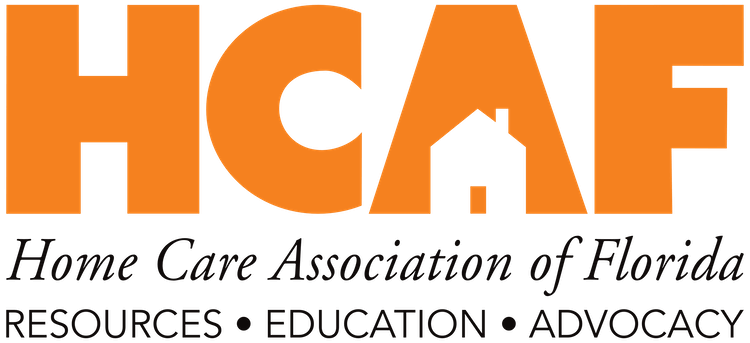HCAF Calls on State to Accept Temporary Federal Dollars to Invest in Medicaid Home Care

HCAF Calls on State to Accept Temporary Federal Dollars to Invest in Medicaid Home Care
In a letter to the Agency for Health Care Administration (AHCA) dated April 7, 2021, HCAF and the Partnership for Medicaid Home-Based Care (PMHC) requested that the State take advantage of temporary funding from the federal government to invest in Medicaid home- and community-based services (HCBS).
Click here to read the full letter to Medicaid Deputy Secretary Beth Kidder.
Last month President Biden signed the American Rescue Plan Act of 2021 (ARPA) into law, which provides for a 10% increase in Federal Medical Assistance Percentage (FMAP) for Medicaid HCBS from April 1, 2021, through March 31, 2022. The 10% increase would be on top of Florida's existing Medicaid FMAP and the 6.2% increase in effect during the COVID-19 public health emergency, as provided for under the Families First Coronavirus Response Act.
To be eligible for the increased FMAP for HCBS, the ARPA requires that states:
- Use the increased FMAP to supplement, and not supplant, the level of state funds expended for HCBS for eligible individuals through programs in effect as of April 1, 2021; and
- Implement, or supplement the implementation of, one or more activities to enhance, expand, or strengthen the Medicaid HCBS program.
The federal government is in the process of providing guidance related to how states may draw down the additional funding to enhance, expand, or strengthen HCBS, which could include the following:
- Increasing rates for providers that increase direct care worker compensation;
- Providing incentives for recruitment and training of additional direct care workers;
- Providing hazard pay, overtime pay, and shift differential pay;
- Purchasing personal protective equipment (PPE) for workers and assistive technologies for clients they are supporting;
- Providing benefits such as paid family leave or sick leave;
- Providing retention payments;
- Providing services to eligible individuals to reduce waiting list; and
- Supporting transition cost from institutional settings to an individual home.
HCAF will monitor this development and provide updates when they become available.
